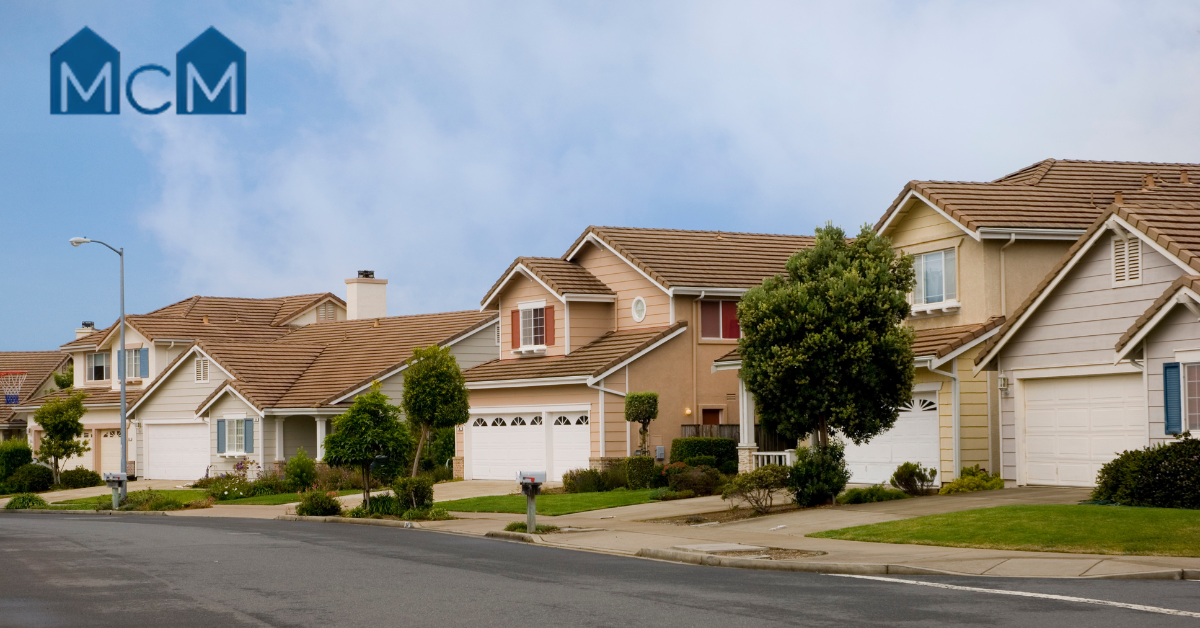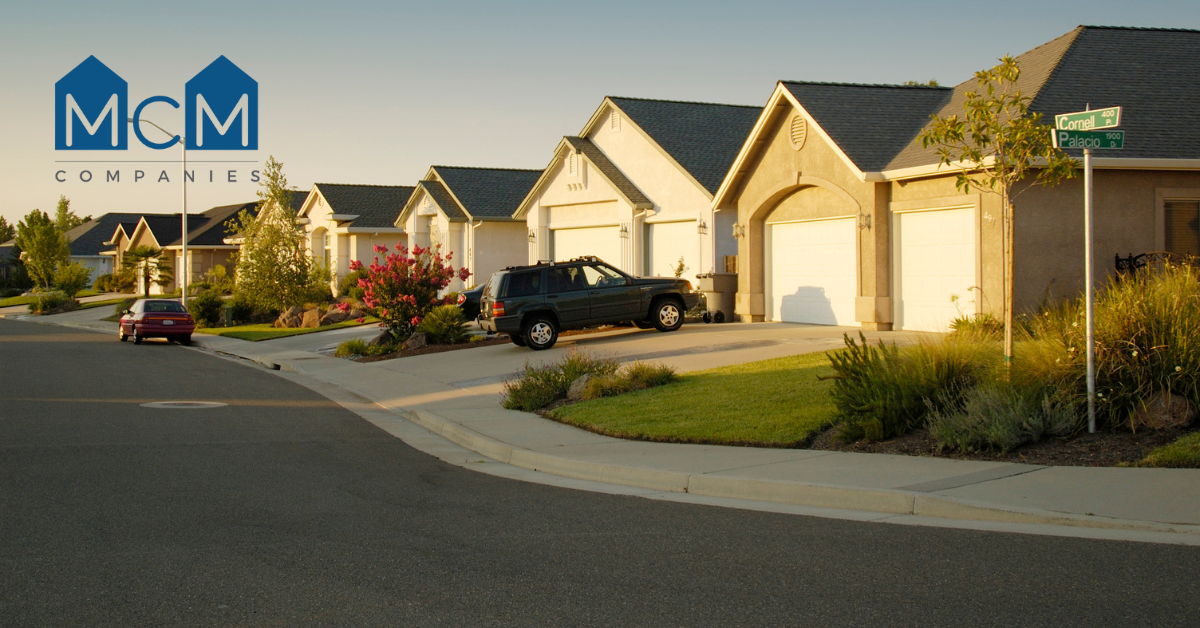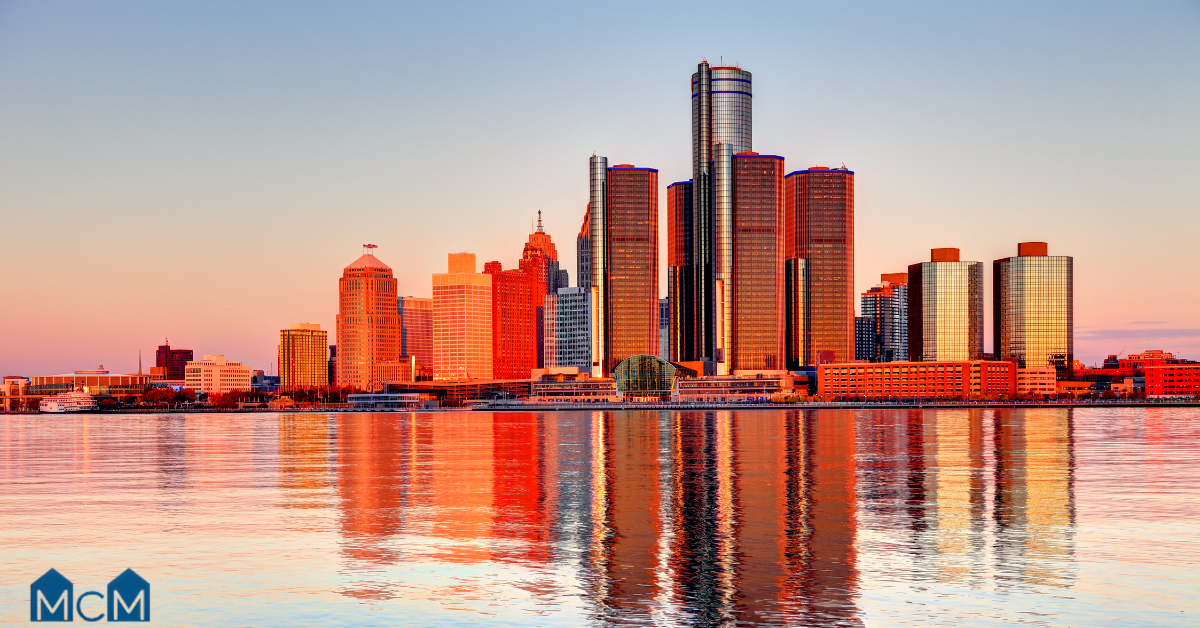9 Common Materials To Replace Manufactured Home Ceiling Panels


Why Ceiling Panels Matter in Manufactured Homes
Ceiling panels play a crucial role in manufactured homes' overall aesthetics, functionality, and safety. They are a key element in defining the interior design and contribute to the home's insulation and soundproofing. Upgrading old or damaged ceiling panels can significantly enhance the home's value and appeal, making it an important consideration for homeowners.
Material Options for Ceiling Panel Replacement
- Wood Ceiling Panels for a Classic Look
Wood is a timeless choice for ceiling panels in manufactured homes, offering natural beauty that adds warmth and character to any space. Available in various types, such as cedar, pine, or hardwood, wood panels can be easily customized through staining or painting to match any decor. Wood is aesthetically pleasing and durable, although the cost can vary significantly based on the type of wood chosen. It requires regular maintenance to prevent issues like warping or rotting over time.
- Vinyl Ceiling Panels for Affordable Versatility
Vinyl panels are an affordable and practical choice for manufactured home ceilings. They come in a wide range of colors and patterns, allowing for easy customization without breaking the bank. Vinyl is particularly known for its durability and ease of maintenance, resisting moisture and stains better than many other materials. However, it may not offer the same level of aesthetic appeal as wood, and its longevity under intense exposure to heat can be a concern.
- Fiberglass Ceiling Panels: Lightweight & Fire-Resistant
Fiberglass panels are celebrated for their lightweight properties and fire resistance, making them a safe choice for manufactured homes. These panels can be easily painted or finished to complement the home's interior, and their smooth surface makes them simple to clean and maintain. Fiberglass is also resistant to mold and mildew, which is particularly advantageous in humid climates.
- Metal Ceiling Panels for Modern Durability
Metal ceiling panels offer a robust and stylish solution for manufactured homes. They are available in designs that mimic the look of wood, stone, or other materials, providing a contemporary flair with the durability of metal.
These panels are excellent for fire resistance and can withstand harsh conditions without suffering damage. While metal is typically more expensive and heavier than other options, its long-lasting nature and minimal maintenance requirements make it a worthwhile investment for homeowners looking for longevity and style.
- Plasterboard Ceiling Panels for Customizable Soundproofing
Plasterboard, also known as drywall, is a popular choice for ceiling panels due to its effective soundproofing qualities and smooth finish. It offers great flexibility in terms of decoration; it can be painted, wallpapered, or even textured to match any interior design. Plasterboard is relatively easy to cut and fit, making it ideal for customized spaces. However, it is less durable than some other materials and may require more maintenance if exposed to moisture.
- Plywood Ceiling Panels: Budget-Friendly Durability
Plywood offers a cost-effective solution for ceiling panels in manufactured homes. It is generally more affordable than solid wood but still provides significant durability and a pleasing aesthetic when painted or stained.
Plywood panels are also fairly easy to install and can be a great choice for those looking to upgrade their home's ceiling on a budget. However, like all wood products, plywood can be susceptible to moisture and might require protective treatments in humid environments.
- Foam Ceiling Panels for Lightweight Soundproofing
Foam ceiling panels are particularly valued for their soundproofing abilities and lightweight construction, making them easy to install and maintain. They can be designed to mimic more traditional materials like wood or stone, offering both aesthetic appeal and functional benefits. However, foam is not as durable as other materials and may not be suitable for environments where it faces frequent impacts or exposure to sharp objects.
- Acoustical Tile Ceiling Panels for Enhanced Sound Insulation
Acoustical tiles are designed to enhance the sound quality of a space, making them an excellent choice for manufactured homes in noisy environments or for homeowners who value acoustic control. These tiles can be finished to blend seamlessly with the rest of the home's decor and are also relatively easy to replace if damaged. While they provide superior sound dampening, they may not offer the same level of structural strength as other options.
- Glass Ceiling Panels for a Contemporary, Light-Enhancing Style
Glass ceiling panels are an innovative and visually striking option for manufactured homes. They allow natural light to permeate the space, making rooms appear larger and more open.
Tinted glass options are available to reduce heat and glare, which can enhance energy efficiency while still providing the aesthetic benefits of a glass ceiling. However, glass panels require careful handling due to their fragility and may necessitate additional structural support depending on their placement and size.
Comparing Materials: Key Factors to Consider
When selecting materials for your manufactured home ceiling replacement, it's important to consider several key factors:
- Durability and Maintenance: Choose materials that offer a balance between durability and ease of maintenance. Metal and fiberglass are excellent for longevity and minimal upkeep, while wood and plasterboard may require more frequent maintenance.
- Cost and Installation: Budget is a crucial consideration. Vinyl and plywood offer affordability, while metal and glass might represent a higher upfront cost. Consider installation ease and whether professional help will be required, which can add to the overall expenses.
- Aesthetic Appeal: The material should complement your home's design style and overall interior decor. Manufactured homes come in various design aesthetics, so while wood and glass can create a luxurious, high-end look, acoustical tiles, and foam panels offer functional benefits with a more understated appearance.
Elevate Your Home Value with the Right Ceiling Panel Material
Choosing the right ceiling panel material for your manufactured home is not just about addressing immediate needs—it's also crucial for enhancing long-term value and appeal. Each material offers unique benefits, whether it's the luxurious feel of glass or the practical benefits of vinyl and fiberglass. Consider how each option aligns with your lifestyle, budget, and aesthetic preferences to make an informed decision.
By updating your ceiling panels, you improve your home's livability and marketability should you decide to sell in the future. Investing in the right ceiling materials is a crucial step in maintaining and enhancing your manufactured home’s value.
Ready to make a change? MCM Communities can provide detailed information and guidance on choosing the best ceiling panel materials for your home. Contact us today to learn more about how we can help you enhance your living space and secure your investment in your manufactured home.
.svg)





